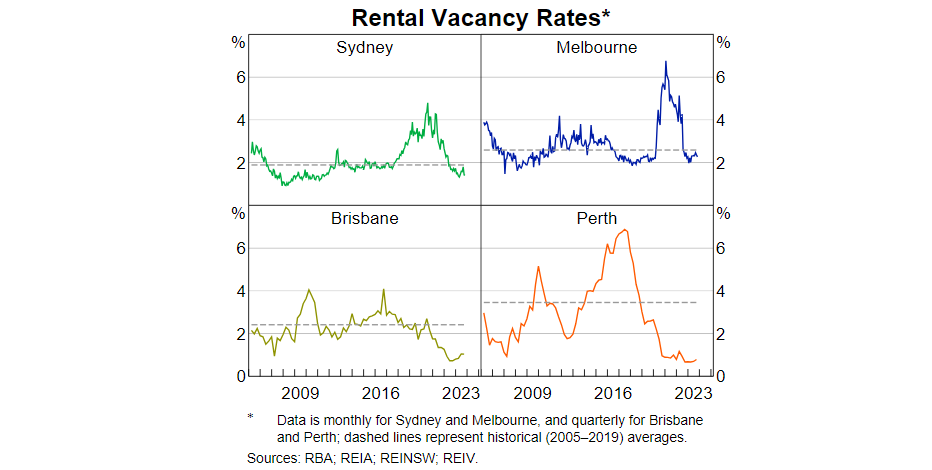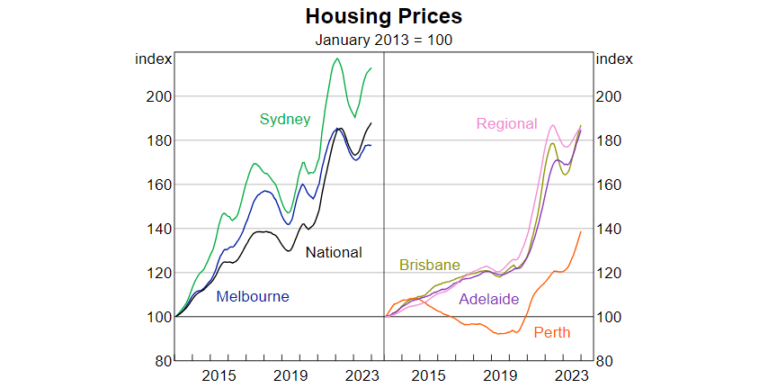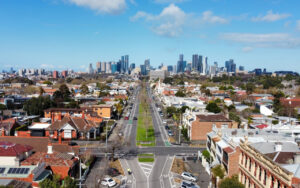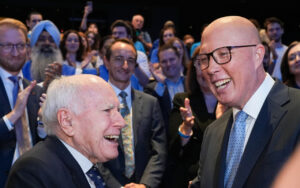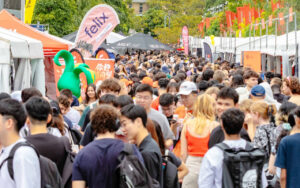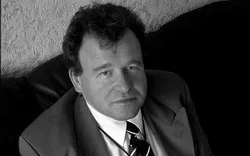Australia’s central bank has blamed strong population growth driven by record-high immigration for the rebound in housing prices and the tight rental market.
The Reserve Bank of Australia (RBA) noted in its latest Statement of Monetary Policy that prices have increased across most capital cities and regional areas, while rental vacancies sit at or near record lows in most areas.
Australia brought in 737,000 immigrants in the last financial year, and increase of 73% and a net gain of 518,000 people, the largest since records began.
“The rebound in housing prices reflected a combination of stronger demand for established housing (partly due to strong population growth) and a limited supply of dwellings,” the report stated.
“Rental vacancy rates remain low in most areas. This is consistent with a limited supply of new dwellings, strong population growth and a shift in preferences during the pandemic towards more residential space that has led to a lower average household size.”
Median house prices are at record highs in Brisbane, Perth and Adelaide. In Sydney the median house price went up by almost 13% in the year to January to sit just under the January 2022 record, while in Melbourne growth was slower at 4.3%, and regional prices grew by 4.7%.
The RBA report also revealed that the supply of new dwellings in still constrained, with low commencements and acute labour shortages limiting the pace of construction.
There is subdued demand for new housing, due to “uncertainty around higher interest rates, elevated construction costs and longer building times”, the report stated.
At the same time, rents in Australia’s capital cities have risen by an average of almost 40% over the past four years while wages have only grown by a quarter of that over the same period.
The report comes as after an ANU analysis showed Australians on middle incomes are earning less now than they were in 2019.
Meanwhile real household disposable income is at 2011 levels, and real wages fell 7.3% from June 2020 to September 2023.
Earlier this month Prime Minister Anthony Albanese boasted about creating 650,000 jobs since coming to office, but a leading economist showed that almost all of the new positions went to immigrants.
